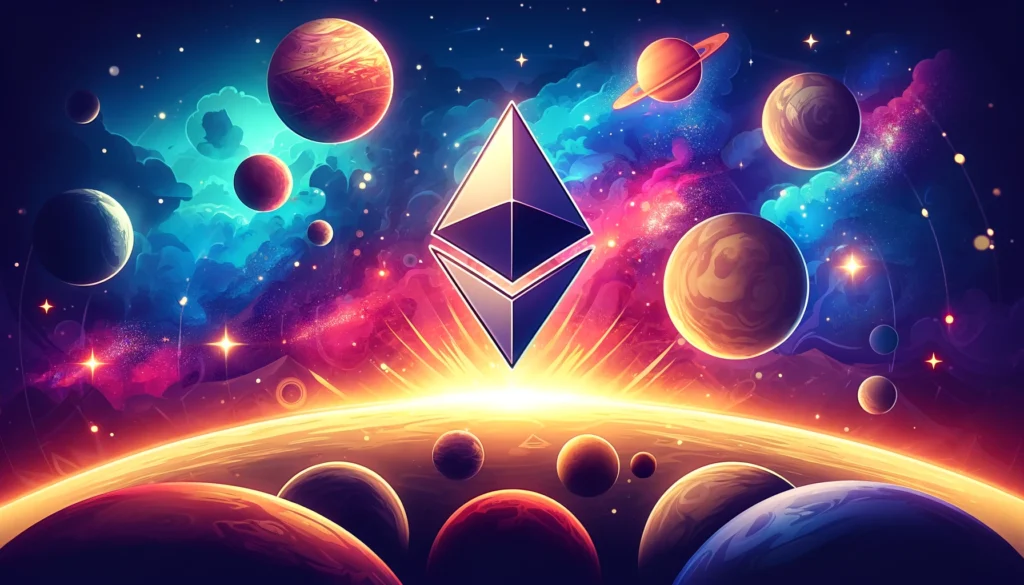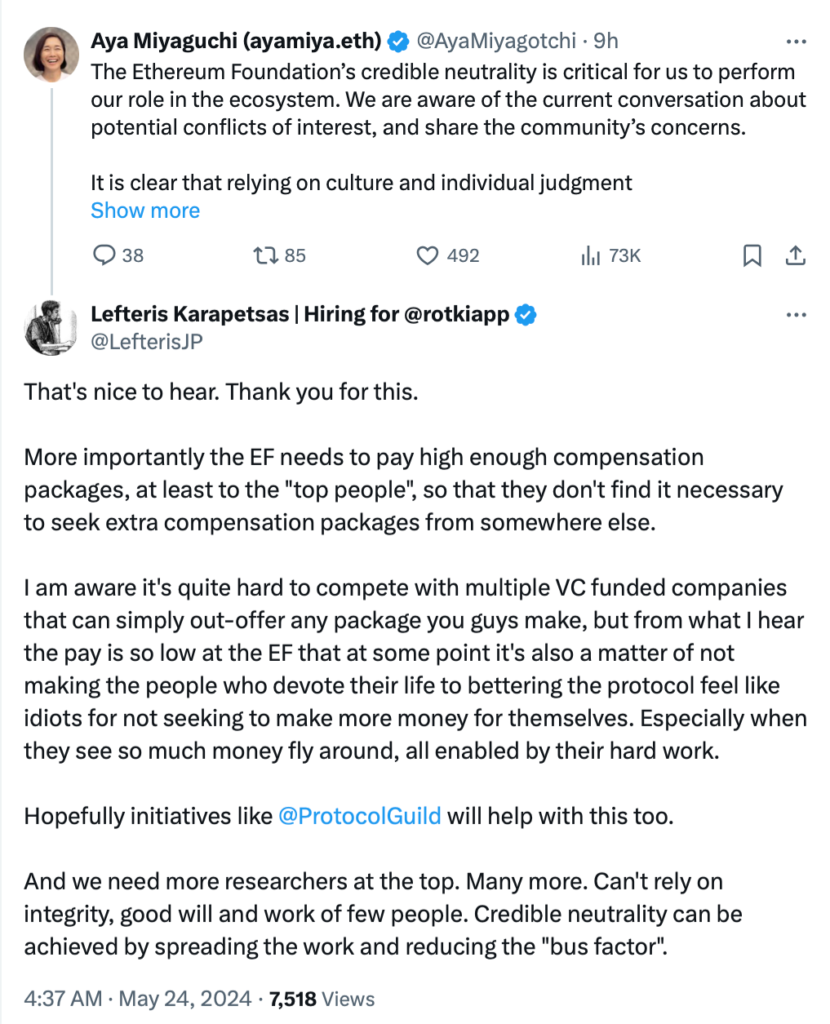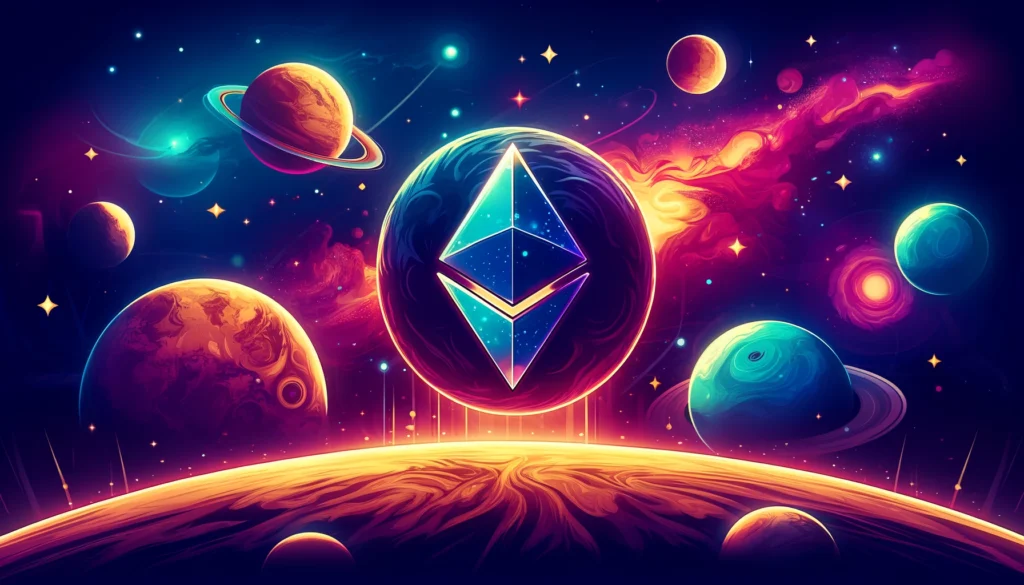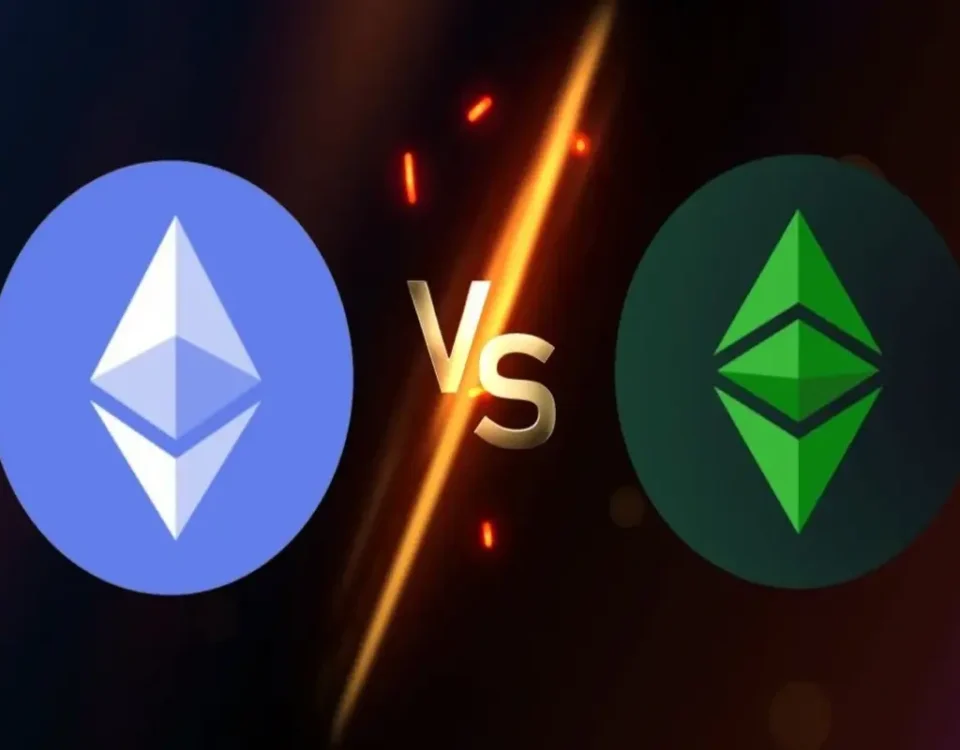
Wilder World Joins Forces with Samsung for Exclusive Web3 TV Bundle
25/05/2024
Phantom Wallet Soars in Popularity, Surpasses Facebook on Google Play
26/05/2024Ethereum Foundation to Implement Conflict of Interest Policy Following EigenLayer Controversy
The Ethereum Foundation, led by executive director Aya Miyaguchi, has announced plans to introduce a conflict of interest policy. This decision comes in response to recent controversies within the crypto community regarding the connections between the foundation and developers at EigenLayer.

Background of the Controversy
In the week leading up to Miyaguchi’s announcement on May 24, two Ethereum researchers took on paid advisory roles at the EigenFoundation. Justin Drake revealed his new position at EigenFoundation in a detailed post on X on May 19. He stated that he would receive incentives worth “millions of dollars” from EigenFoundation but pledged to reinvest this money back into the Ethereum ecosystem. Following this, Dankrad Feist also announced his advisory role, acknowledging that he would receive a “significant amount of tokens.”

Feist assured the community that his new role would not influence his views on the core protocol’s development. He emphasized the importance of transparency, saying, “I do not believe that they will change or influence my positions on how the core protocol should be developed, but I believe that the community should know about this, so that they can keep me accountable.”
Both researchers clarified that their new roles were personal and not representative of the Ethereum Foundation. Drake committed to maintaining a critical perspective on EigenLayer, while Feist promised to consider contrarian views. Despite their assurances, the announcements sparked a mixed reaction within the community.
Community Reactions
The crypto community’s responses ranged from admiration to skepticism. David Wong, co-founder of ZkSecurity, praised the transparency of the Ethereum Foundation members, stating, “This is some next level transparency. You have to love the EF people for their integrity, really. I don’t know if we deserve these people.”
However, others were more critical. Some accused the researchers of disclosing their roles only because prominent crypto trader Jordan Fish, known as Cobie, had leaked the information. Cobie had questioned Ethereum co-founder Vitalik Buterin about the foundation’s links to EigenLayer just a day before Drake publicly announced his advisory role. One commenter addressed Feist directly, expressing doubt about his claims regarding incentives: “You are keeping the 20M for yourself but you don’t believe in the power of incentives?
The Need for a Formal Policy
Acknowledging the community’s concerns, Miyaguchi stated, “It is clear that relying on culture and individual judgment has not been sufficient [to preserve the foundation’s credible neutrality], and we have been working on a formal policy to address this problem for a while now.” She promised to provide more details soon.
Miyaguchi’s announcement underscores the necessity of establishing a formal conflict of interest policy to ensure transparency and maintain the Ethereum Foundation’s integrity. This policy aims to mitigate concerns about potential biases and conflicts that could arise from such external engagements.

The Role of EigenLayer
EigenLayer is an Ethereum layer-2 restaking protocol. It allows Ethereum node operators and validators to earn additional fees by restaking liquid Ether (ETH) they received in exchange for staking. This enables them to place these assets on Ethereum Virtual Machine (EVM) platforms like Lido, or use them to validate and secure other networks, including sidechains or non-EVM blockchains. Essentially, it allows for staking the same assets twice.
EigenLayer was launched on the Ethereum Goerli testnet in April 2023 and partially launched on the mainnet shortly after. This innovative approach has attracted attention but also scrutiny regarding its integration and potential conflicts of interest with Ethereum’s core development.
Conclusion
The Ethereum Foundation’s move to implement a conflict of interest policy represents a critical step towards ensuring the credibility and neutrality of its operations. As the crypto industry continues to evolve rapidly, maintaining transparency and addressing potential conflicts are essential for sustaining trust within the community. The upcoming policy will likely outline clear guidelines for foundation members to navigate their external engagements without compromising their roles within the foundation.
By proactively addressing these issues, the Ethereum Foundation aims to uphold its commitment to ethical standards and maintain its position as a leader in the decentralized technology space. This development also highlights the ongoing challenges and necessary precautions that major organizations within the crypto industry must take to ensure their actions align with their stated values and the expectations of their community.
Links:
Bitcoin
NFT
Cryptocurrency Exchange
DeFi
Doge Coin Ecosystem
Metaverse



